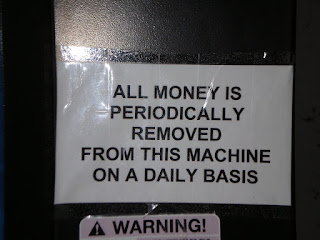Church as Creature of Word (and Sacrament?)
Before being so rudely interrupted by the need to comment on DET’s third birthday, Dave K, Bobby Grow, and myself were having a discussion about the way in which the church is ordered under preaching and sacraments. Is the church exclusively the creature of the word? Is the church primarily the creature of the word? Of the sacraments (specifically, the Supper / eucharist)? Here are a few sentences to further that conversation: George Hunsinger, The Eucharist and Ecumenism: Let us Keep the Feast (Cambridge: Cambridge University Press, 2008): 184-5: “Called into being by proclamation, and ruled by the authority of scripture, the church is a creature of God’s Word ( creatura verbum Dei ). Founded in baptism and nourished by the eucharist, the church is also a creature of the sacraments ( creatura sacramenti ). While the Word is the normative vehicle of Christ’s self-witness, it is also the vehicle of his self-impartation to faith. In turn, while the sacraments are more nearly veh...
